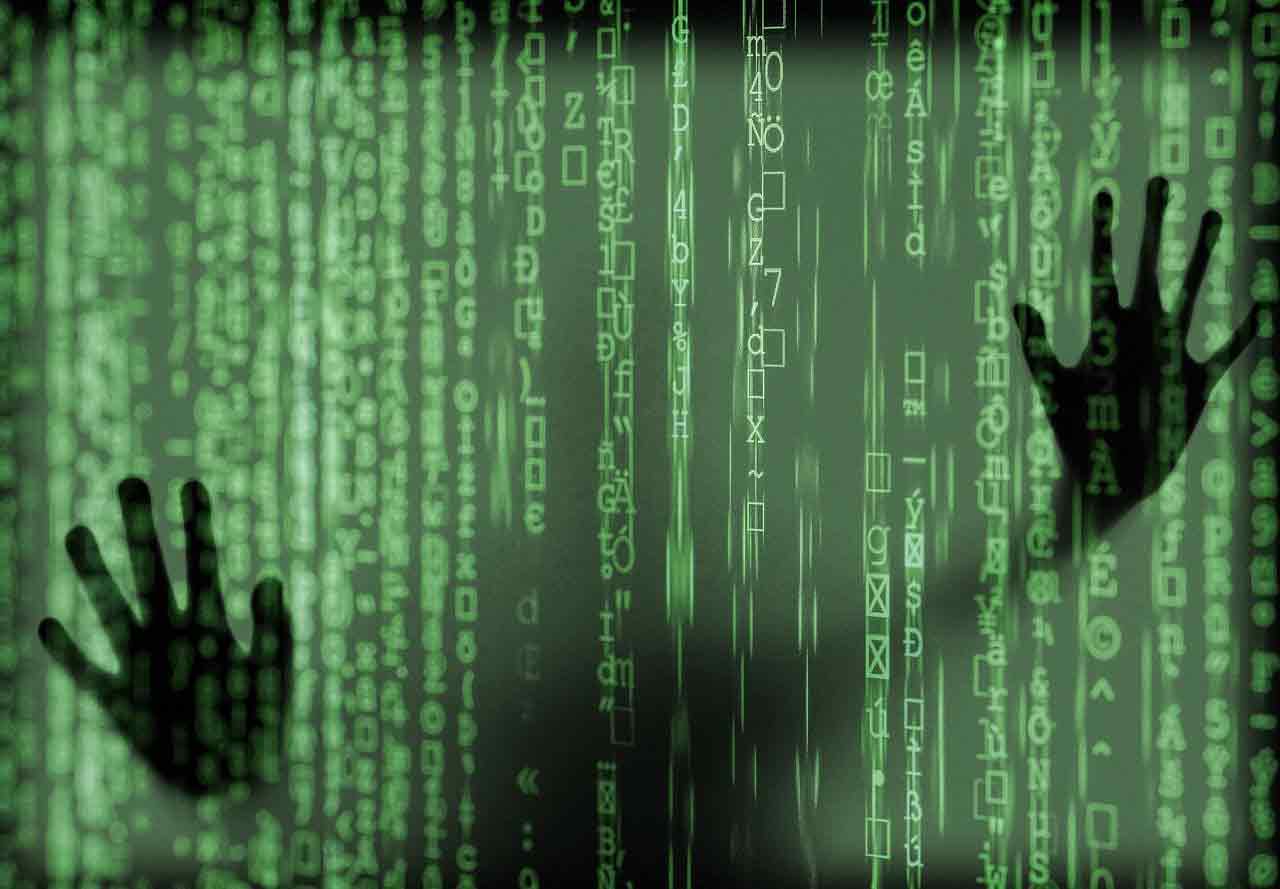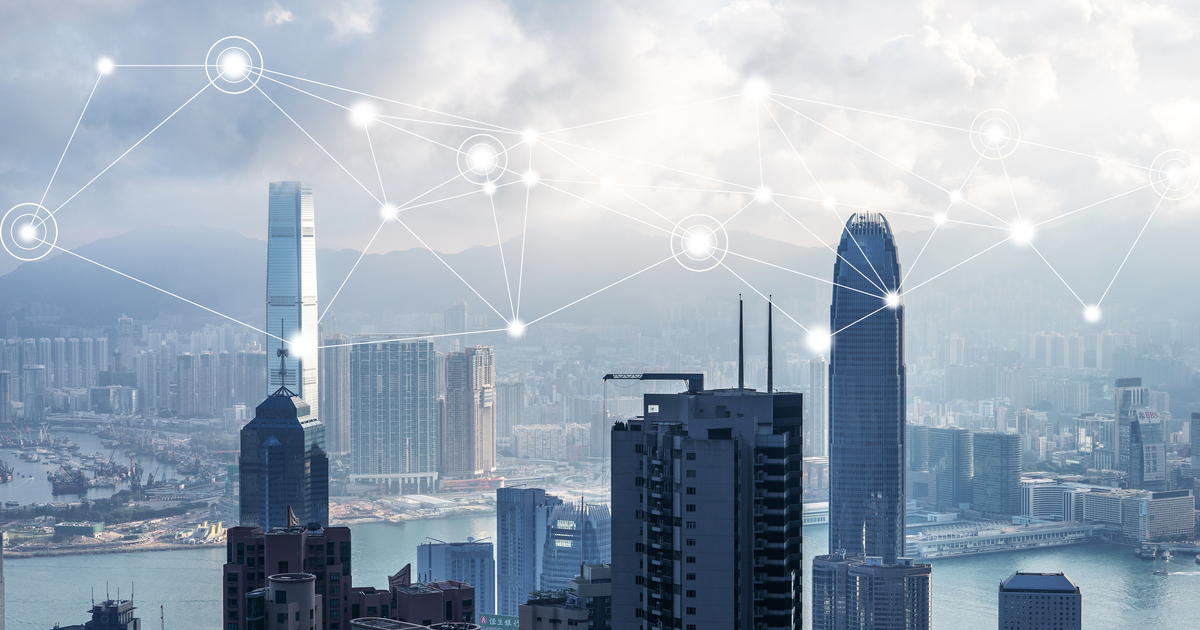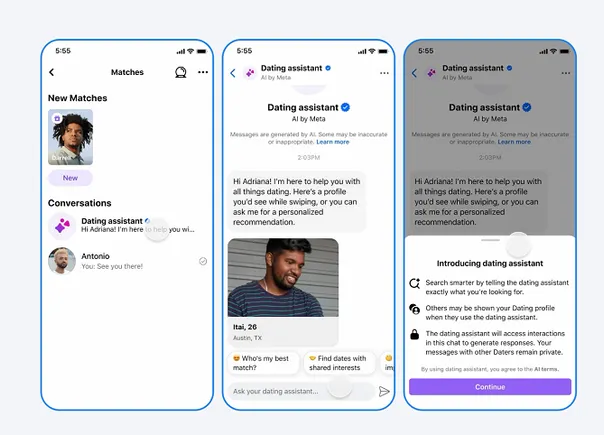How to Stay Safe and Secure Online
You can do a lot about your own online safety and security. Just have some awareness, be responsible, and take some actions. Just do this right away.

Online safety and security is a great challenge, however, taking up responsibility personally helps deal with it to a great extent. We’ve to proactively take measures to secure our devices, be careful about our actions and activities online, increase our awareness about the possible threats to our online safety and security and just act responsibly. These tips will give you a good headstart. ~ Ed.

There is no doubt that modern technology and Internet has many positive impacts on our lives. However, the impacts on teenagers and adults alike can include several negative factors. Perhaps the biggest danger relates to online security and privacy.
The harsh reality is that people fall victim to cyberattacks and other online threats every single day. It is quite a scary thought, not least because it’s virtually impossible to live in modern society without using digital tech.
8 Ways to Stay Safe and Secure Online
While it might not be possible to eliminate the threats completely, you can significantly reduce them. Here’s how:
Stay Private
We are already being watched by big brother through surveillance cameras and AI tools when out in public. So, the last thing you want is to let other people see what you’re doing when online. Investing in good security features is vital.
Adding cybersecurity and antivirus software will protect devices. Meanwhile, you can download VPN apps to stop people and location services from tracking your movements. Aside from an extra layer of privacy, it can stop annoying ads.
A VPN doesn’t suddenly remove all dangers but does allow you to browse the internet with greater confidence. It is the best starting point.
Think Carefully About What You Post
Maintaining your privacy isn’t just about stopping others from tracking your online activities. You must also pay close attention to the content that you share publicly, especially on social media channels. Even private stories should consider potential risks.
For example, we all enjoy posting holiday photos. However, doing this while you’re away tells people your property is currently vacant. This could leave you open to theft. With this in mind, it’s better to delay the photo dump until after you return.
Similarly, you must avoid posting any personal details. Passport info, bank details, and other items could be used maliciously if you’re not careful.
Use Multi-Layered Security
When thinking about online threats, the thought of someone gaining unauthorised access to an account is a big one. Sadly, cybercriminals are attempting to hack your accounts. So, it is imperative that you take the right steps to stop them from succeeding.
Firstly, setting strong passwords is vital. An 8-character password takes just minutes to crack but a 16-character one can take billions of years. Even if someone guesses your password, biometrics and two-step authentications will come to the rescue.
It may occasionally mean it takes an extra few seconds to get into your account. But it’s a worthy trade for preventing the damages that unauthorised access could bring.
Use Trustworthy Businesses
Arguably the scariest aspect of online safety is that your details could be compromised as a result of a third-party’s shortfalls. In the UK alone, almost 15 attacks on businesses are recorded every minute. Worse still, companies of all sizes are at risk.
Even the biggest and best companies can suffer data breaches. Still, mindful decisions about which companies you use will reduce your risks. Businesses that are shown to take security seriously won’t only prevent attacks. They’ll also implement quick responses.
By using different passwords and security credentials on each account, the impact of any breach will be limited.
Learn About Threats
Research shows that 88% of all data breaches are attributed to human error. Therefore, staying vigilant and carefully considering all online actions is vital. Prevention is the best form of protection and it’s better to be overly cautious than not cautious enough.
Phishing scams, malware, and other tactics may be used by cybercriminals. They will try to trick you into making a costly mistake that allows them to steal information or money. Take care when clicking hyperlinks and always check that websites have https security.
Whether it’s a lack of encryption or due to entering data that is directed to a cybercriminal, the threats are huge. Do not fall victim to them.
Know Who You Are Talking To
The internet allows us to connect with people like never before. However, it also opens the door to several possible dangers. Most notably, the person you are talking to behind a screen may not be the person that you think you are talking to.
This could come courtesy of catfishing on dating apps or someone pretending to be a loved one. Either way, it could potentially lead to financial scams, such as them getting you to send money before disappearing. Or you may share too much info that could be used against you.
So, you must always focus on retaining some secrecy at least until you have confirmed that the person is who you think.
Update Your Tech
While the use of VPNs and cybersecurity tools will reduce the risks, you also need to update the tech. Software companies don’t just update products with new features. They also add security patches that actively combat the latest threats.
It can be frustrating when your device needs to complete an update. So, scheduling an update to occur once per week when you are not busy could be a particularly smart move. It will keep you protected without encountering stressful updates at the worst times.
Phone updates, PC updates, and tablet updates are all vital. The sooner you complete them, the better. Not least because it puts your mind at ease.
Use Reliable Accessories
When thinking about your online data and general safety, it’s not just about browsing and devices. The accessories used can also pose a huge threat. Unbranded products don’t only threaten the device battery. They may also spy on your online activities.
It might not be a hugely common risk for the average person but it does happen. More worryingly, public chargers are known to pose this threat. For this reason, avoiding them, along with public WiFi is vital. Otherwise, another person could be snooping.
Even if you don’t want to pay sky-high prices from manufacturers, you should always buy from reputable retailers. Their own branded goods are safe.
The Final Word
If you truly want to stay safe online, you need to be both comprehensive and consistent in your thinking. Sadly, it only takes one incident to spell disaster. With the right care, though, danger can be averted.
Over to you
What steps do you take to enhance and ensure your safety and security online? Share in the comments section.
Disclaimer: Though the views expressed are of the author’s own, this article has been checked for its authenticity of information and resource links provided for a better and deeper understanding of the subject matter. However, you're suggested to make your diligent research and consult subject experts to decide what is best for you. If you spot any factual errors, spelling, or grammatical mistakes in the article, please report at [email protected]. Thanks.

 Hollif
Hollif 

























.jpg&h=630&w=1200&q=100&v=6e07dc5773&c=1)





.jpg&h=630&w=1200&q=100&v=6e07dc5773&c=1)
